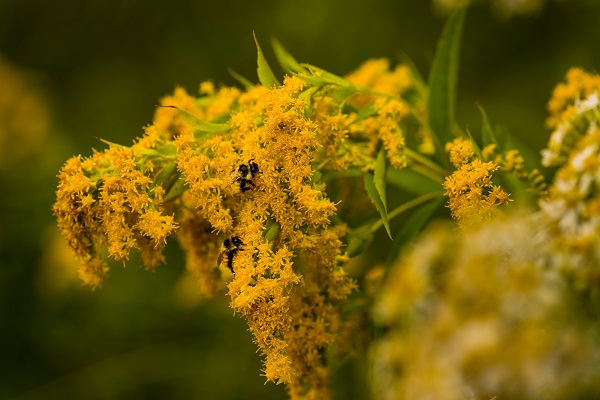Who Can Certify a Product as Organic or Not?
We can gladly brag that the word "organic" has been synonymous with reliability for more than twenty years in Quebec. But what “certified organic” actually means? Today, we’re looking at this issue by answering all the important questions.
Can an Eco-Friendly Producer Market Their Products as "Organic?"
Highlighting the environment as a top concern is always a good first step! But what you need to know is that the term "organic" is protected and regulated by the CARTV (Conseil des appellations réservées et des termes valorisants) in Quebec which takes care of reserved and valued designations and terms. In short, you have to meet very specific standards to get it!
To give you an example, the word "natural" is not regulated. So, companies using the term can decide to market their products as "natural" if they want to. The good news is that the term "organic" benefits from a much more rigorous framework - which means you just can’t fake it ‘til you make it!
What Are the Requirements for a Product to Be Considered Organic?
There are about ten requirements. Of course, GMOs, cloned meat and sewage sludge are prohibited. Choosing local and organic products also means avoiding the risk of consuming fruits and vegetables that have been in contact with pesticides. Let’s say "organic production method" and "obligatory crop rotation" go hand in hand. This practice prevents soil erosion and works to preserve the quality of waterways.
(Psst! - Learn more about the requirements right here!)

Who Is Responsible for Reviewing These Standards?
To sort this out, let's see organic as a very big high school. (Seriously, what could be more adorable than a class full of onions sitting in line? Okay, please bear with us and let’s go back to salad days for a moment.)
The CARTV is the school administration. They decide all the rules that must be followed at Organic High. The teachers, on the other hand, make sure that the regulations are respected, just like the various certification organizations accredited by the CARTV. Together, they make sure these “organic” products meet the highest standards. Control can be regulated by surprise inspections or testing samples, among other things!
As for us, Aliments du Québec, we’re like the sports team pushing the school’s reputation on a national level! In addition, we make sure that “local” requirements are applied to all Aliments du Québec products.
Foods that display the Aliments du Québec bio and Aliments préparés au Québec bio seals represent the best of both worlds - organic meeting local!
What About Processed Foods? It Seems to Me That "Processed" and "Organic" Do Not Go Hand and in Hand!
We understand your thought process! That said, you will be surprised to learn that there are several processed products identified as "organic".
The bottom line is that these products contain 95% or more organic ingredients. This is why their list of ingredients is so short. We always say no to modified organisms, food binders and artificial colours!